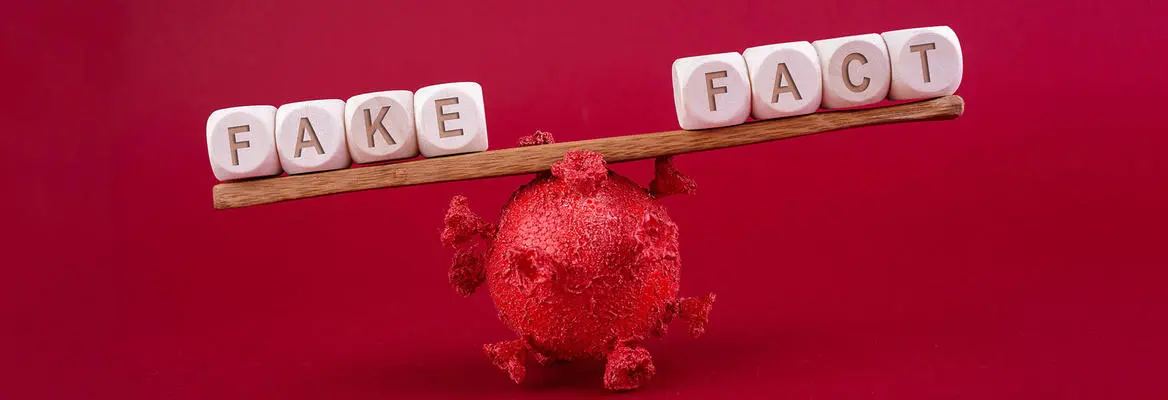Political loyalties are shaping the way the public respond to the Covid-19 pandemic. A President who downplays the significance of the virus leads to a population vulnerable to Coronavirus myths and pseudoscience.
Eating garlic, taking a bath, and drinking hot water. These are three alleged “cures” that will not protect you from the coronavirus, but they have become so widely believed that the World Health Organization has launched a myth busters page to debunk them.
The likelihood that you believe any of these myths can be predicted by certain key characteristics. In the UK, the older and more educated you are the less likely you are to believe coronavirus myths. But in the US, a key characteristic is political identity.
New US polling conducted by one of us (de Bruin) in late March finds that, even when controlling for education and other variables, there is a statistically significant correlation between political identity and the number of COVID-19 myths people believe: Republicans tend to believe more coronavirus myths than Democrats.
More than 1000 US citizens were given a list of statements about the coronavirus and asked to indicate which statements they believed, if any. They were also asked to provide information about themselves, including their political identity and educational attainment.
Believing that the threat is marginal may correlate with holding that there are simple measures for avoiding infection and an easy cure for those who fall ill.
And in some cases, the contrast in the results was stark; 50% of participants who identified as Republican believed that garlic prevented coronavirus, as opposed to one in three Democrats.
In some cases, the prevalence of COVID-19 myths among Republicans might be explained by their tendency to downplay the severity of the virus. Believing that the threat is marginal may correlate with holding that there are simple measures for avoiding infection and an easy cure for those who fall ill.
On the positive side, the new polling also shows that the strong partisan divide among US citizens’ behavioral responses to the pandemic has eased. There is no longer a statistically significant relation between political identity and the extent to which people have changed their routines in response to COVID-19. Polls conducted back in early March showed that Democrats assessed the threat as serious and were changing daily routines in accord with WHO guidelines. Republicans were less concerned about COVID-19 and were not following WHO recommendations, including the direction to engage in more thorough hand-washing.
Democrats and Republicans are now equally likely to have cancelled travel, avoided physical contact with others, or changed their hand-washing routines. Insofar as there are noteworthy characteristics that determine differences in COVID-19 behaviors, the polling finds that best significant predictor of changing routines is a person’s educational attainment, with more highly educated people changing their behavior more frequently.
Yet the new polling raises a puzzle; Republicans have altered their routines in ways that are more compliant with CDC and WHO guidance, yet they are also more likely than their Democrat counterparts to accept false beliefs about COVID-19. And unlike Democrats, higher educational attainment was not correlated with believing fewer myths.
So how do we explain this? It helps to look at the dynamics of partisan identity. The earlier partisan divide in responses to the pandemic suggested that Republican citizens had been reacting to stark partisan signaling from President Trump, who until quite recently had dismissed the pandemic as a “hoax” orchestrated by his political foes, and the virus as a “flu” that would miraculously go away within a few weeks. Back in March, declining the recommended hygienic protocols had become an act of loyalty to the President.















Join the conversation